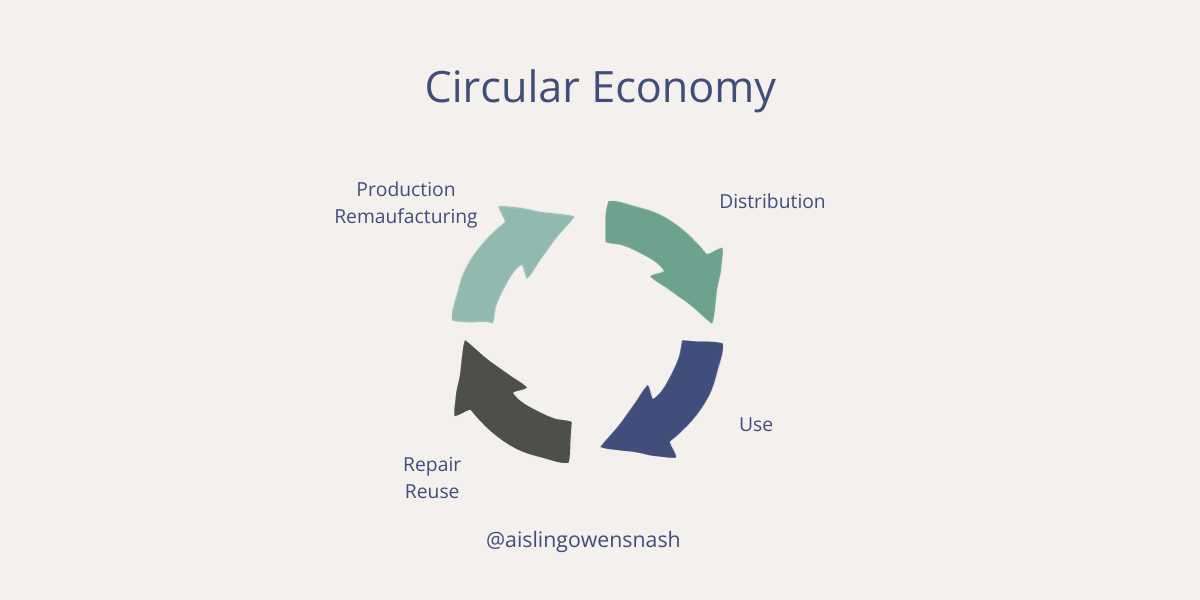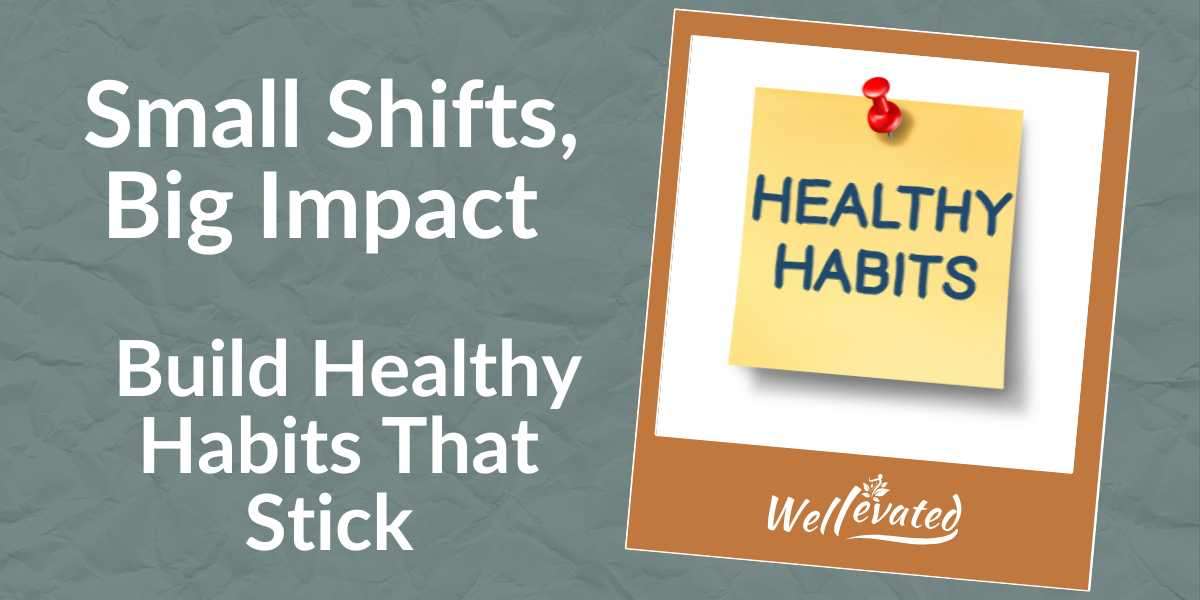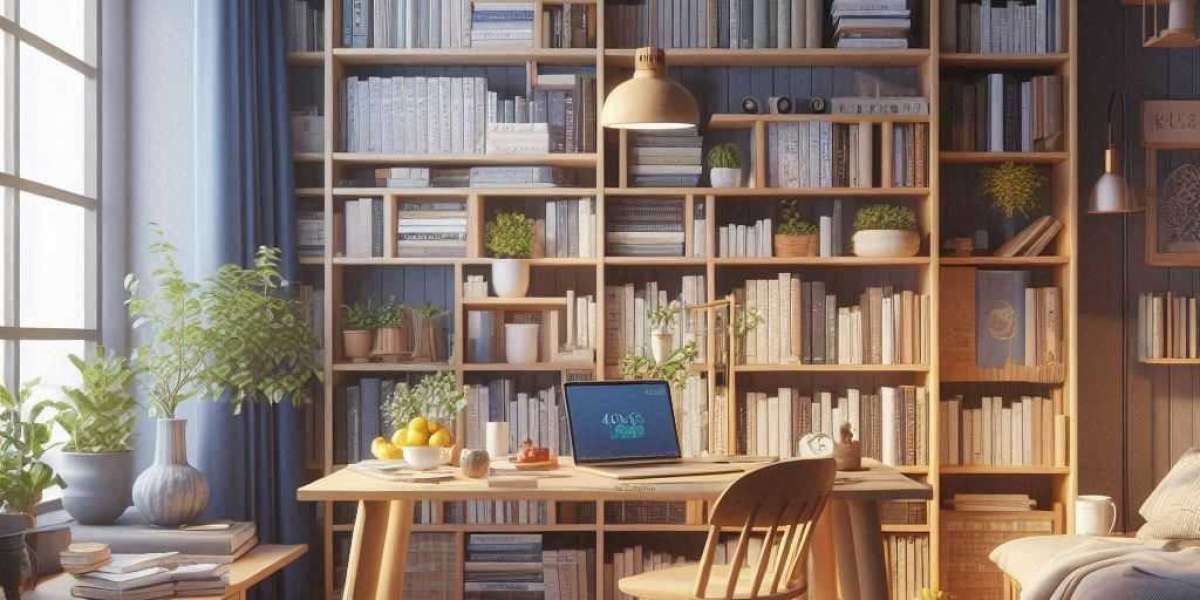Have you ever heard of the circular economy?
It's a fancy term that's now used to describe a pretty cool idea. Let me tell you all about it, well the little bit I know. I use Google Alerts to get updates weekly on different topics and this is one of them!
So we are a world of consumers and high consumers.... we use things every day, like skincare, make-up, toys, clothes, and food.
But, when we're done with them, we usually throw them away.
Not very good for the planet, because all that stuff ends up in a landfill. We know it's not good for animals and plants, our air or our water but we still do it right? Well, lots of us do and lots of us are working hard to do it less!
The circular economy is a way to use things in a better way. Instead of throwing things away, we can try to use them repeatedly. It's like a big circle, where things keep going around and around, instead of being thrown away.
One way we can do this is by recycling. Taking paper, plastic, and cans, and turning them into new things instead of throwing them away is the crux of recycling but still, that doesn't always happen either. That's also just one way to keep things in the circle.
Do you remember when your milk was delivered by the milkman in glass bottles which were then picked up when you got your next drop off?
But there are other ways to be part of the circular economy, too! For example, instead of buying new toys or clothes, we can try out swap shops, kilo sales, charity shops, clothes swaps, or donate items to other people who need them. That way, the items keep going around and around, instead of being thrown away.
The circular economy is also about using things in a smarter way. That means using less energy and less water to make things and making things that last longer. That way, we don't have to use up as many resources to make new things all the time.
So, that's what the circular economy is all about! It's about using things in a better way so that we can keep the circle going around and around. And that's good for the Earth, and all the plants and animals that live here with us.
How can you contribute?
A few things we have done:
I reused plastic water bottles, filled them with water and I have them in my vegetable beds just below the surface to act as heating through the winter months and avoid winter frost killing my plants.
We use solar power to generate electricity.
We only use logs or eco logs in our stove and I add the ash to our composter.
All uncooked food waste, as well as hair from hair brushes, etc all go into the composter too. This can then be used in the garden again. I also add leaves, egg cartons, paper from delivery boxes and shredded paper used for stuffing too. Think of it like lasagne though your greens and browns need to go in layers. Please don't use the 'composting' bags as they take ages to decompose. They do eventually but if you're composting for your garden and hope to make use of it within a few months or even a year- avoid them. I learned this the hard way!
All my packaging from Arbonne goes back via Arbonne Cycle where we work with Terracycle to divert hard-to-recycle materials and turn them into new things such as benches.
My skincare from Arbonne is all in glass except the cleansers (for safety) and these will start being able to be sent back soon as part of ArbonneCycle too but for now, I can recycle the lids and the glass locally.
My haircare range is in aluminium bottles and the pumps are a new design which is recyclable.
I keep glass jars when they are empty and reuse them to store snacks, herbs, spices and other ingredients.
You can shop at refill stores too and use bring-your-own storage solutions to the shops. Shop at local organic farmers markets and bring your fabric shopper bags with you. Avoid unwanted packaging.
We have a percolation area on our property that uses coco husks to filter wastewater rather than a chemical septic tank.
Hopefully, in time I will have a rainwater collection system as well as our well water so we can use rainwater in the gardens and on the cars rather than the water from the well which we have filtered.
These are all things which can contribute to the circular economy and a healthier environment long term.
Check out ArbonneCycle for how the packaging is collected and repurposed.
https://www.arbonne.com/gb/en/arb/AislingOwens/our-story/arbonne-cycle
Check out what is offered in your area too via TerraCycle our partner in ArbonneCycle and see what other brands packaging you can return to them.
Aislíng x








